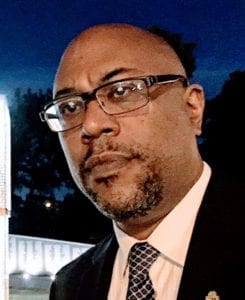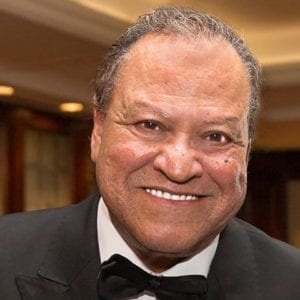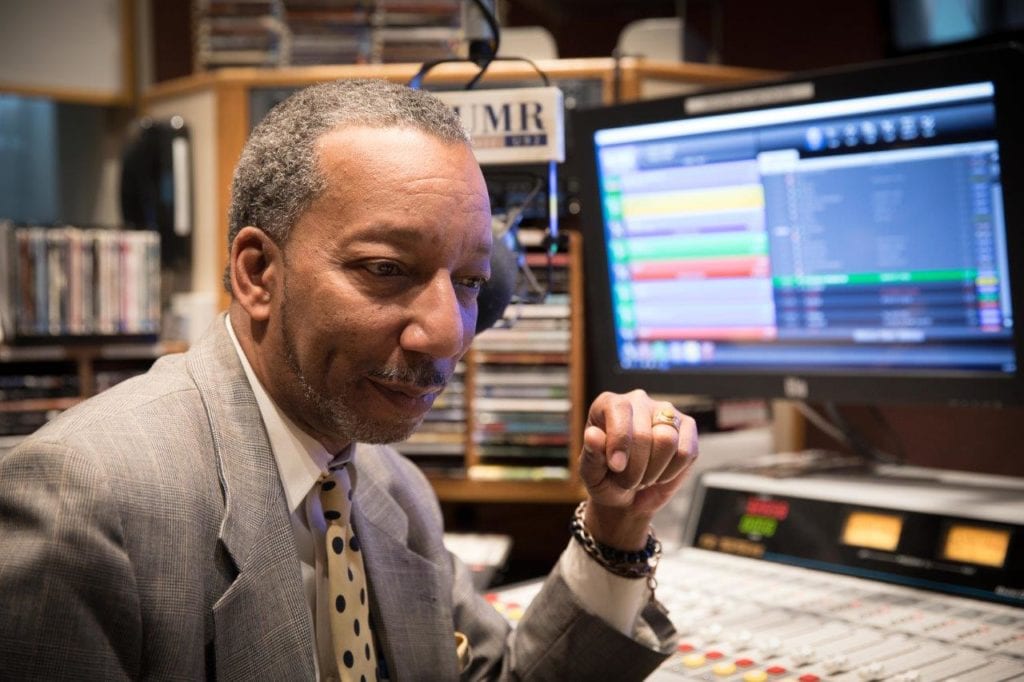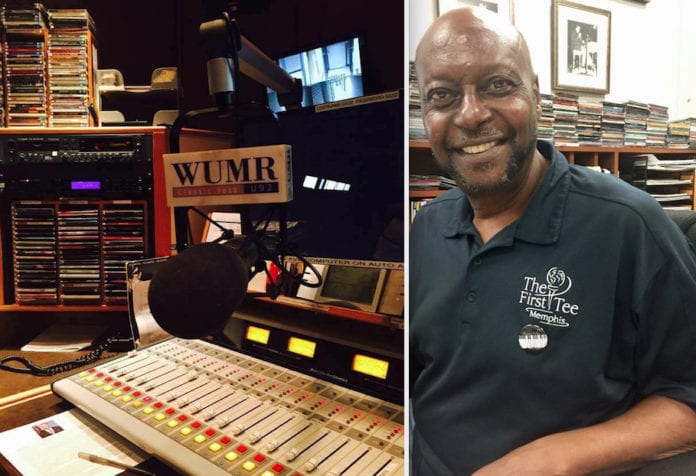There is some science indicating that white noise – that staticky hiss (or hissy static?) you get while flipping through stations – helps with relaxation and sleep. That’s all well and good, but it’s NOT what I want to hear when I tune my FM dial to 91.7.

When I tune to WUMR – “The Jazz Lover” – I want jazz. Not just the music of Miles Davis, John Coltrane, Ramsey Lewis or Sarah Vaughn. I want a mellow voice telling me the story behind the music.
But noise is all we get now. The Jazz Lover – one of the last over-the-air all jazz stations in America – is off the air as of Tuesday, March 31. Late last year, the University of Memphis announced a new partnership with Crosstown Concourse and The Daily Memphian. Apparently, an inevitable format change was accelerated by the coronavirus pandemic.
“In light of the unprecedented coronavirus situation, WUMR 91.7 will discontinue broadcast operations before 4/1/2020,” read a statement on WUMR’s website. “In the very near future, we look forward to resuming broadcasting through the new partnership between the University of Memphis, Crosstown Concourse and The Daily Memphian.”

Chuck O’Bannon, who has hosted “Chuck’s Place” on Sundays for four years, just wishes he’d had a chance to say goodbye. His final show was on Sunday, and the announcement that the station would go dark caught him and a community of jazz lovers by surprise. He learned about Monday via email.
“We didn’t get a chance to say thank you and goodbye to our listeners,” O’Bannon said in a baritone voice made for jazz radio. “And that’s, you know, that’s something special. Chuck’s Place is all about the people. It’s about entertaining them.”
So what’s the big deal? Listening to crystal clear jazz is as simple as telling Siri or Alexa to play it on your phone or smart speaker. But O’Bannon said that streaming radio misses a key component of what people could get from terrestrial stations like The Jazz Lover.
“Jazz radio has always included a personality or personalities to introduce the music, the artist, the album, the record company and say a little something about it in order to inform the listening audience,” he said. “It takes their personalities, it takes entertainment, as well as the music to create a show.
“Jazz radio is a show,” O’Bannon said. “And I think people are gonna want to hear a more authentic version of jazz radio.”
Music will return to that frequency, eventually. But when it does, it won’t be what jazz aficionados around the world are used to. A Nov. 2019 statement announcing the change says the station “will expand its music, culture and news content to have broad appeal to the UofM student body and the wider Memphis community.”
Let’s face it: Jazz is not known for attracting younger listeners. Crosstown will give the station more visibility, while a close partnership between The Daily Memphian and the UofM journalism school should mean great opportunities for students to get real-world experience.
“I am delighted that this new partnership and its expanded programming will create further opportunities for our students and the wider Memphis community to engage with the station,” said Dr. Anne Hogan, dean of the College of Communication and Fine Arts in the November statement.
I reached out to Dr. Hogan by phone and email for this piece, to find out more about when programming would return, what it would look like, etc. I got an email back from Chuck Gallina in UofM media relations: “ Sorry, Dr. Anne Hogan is not able to do an interview with you in the near future. Thanks for your understanding …” Gallina also declined to comment as well.
But it’s a safe bet that jazz will have a limited role, if any, going forward. And that will leave a gaping hole in the history and culture of African Americans, said Tony Nichelson, a long time radio exec who hosted “Back in Jazz” and “The Jazz Life” before the abrupt cancellation.

“Jazz is as important as the civil rights movement, as important as any era of urban life,” Nichelson said. “Back in the 1920s, jazz was not ‘honky tonk.’ This was black people dressing up and going to a jazz club. It was a whole different thing.
“That’s why it’s important. It’s a part of our culture,” he said. “I’ll let it go kicking and screaming.”
———————————————————————
A Not so grand finale for WUMR



